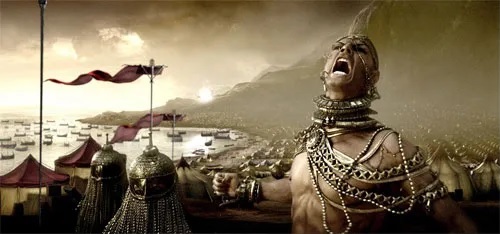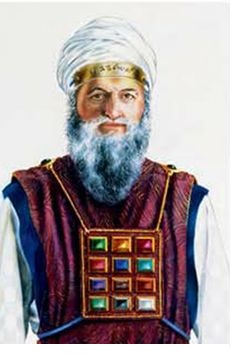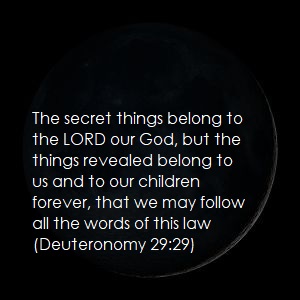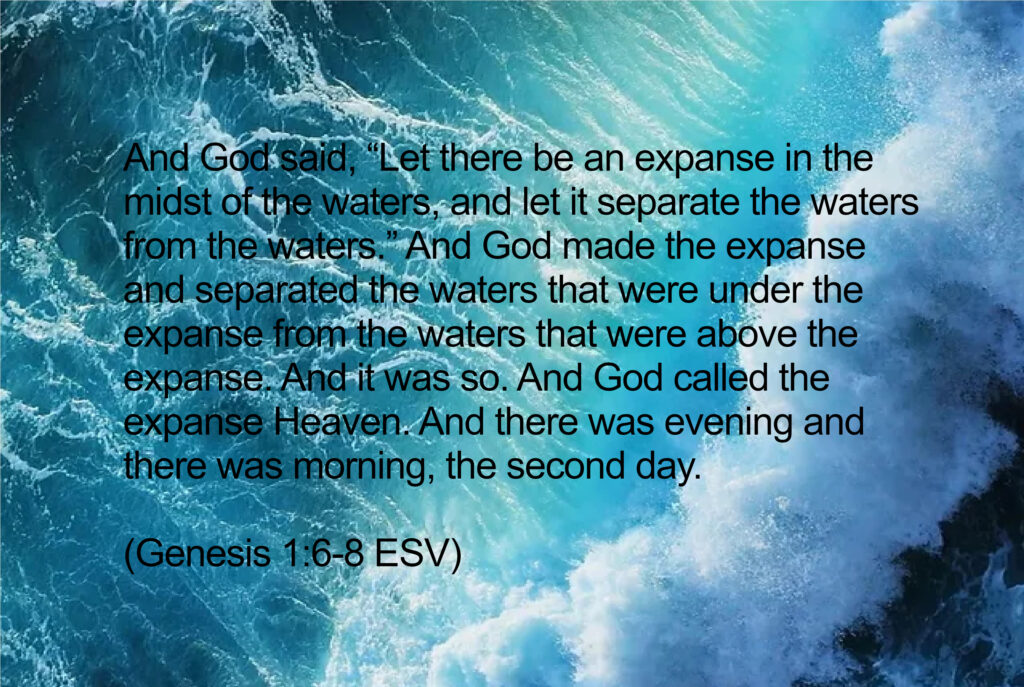Beware of the likes and types of Xerxes

This is the story of a King called Xerxes, who through his own poor choices, choices made through not having the fear or knowledge of the God of Israel, brought great shame to his name and to the name of the great Persian Empire by invading Greece, leading to the defeat of the Persian Empire. Xerxes himself ended up being assassinated by his own friends.
So what is this all about and is it relevant? Yes, it’s relevant, as relevant as God’s Word is, unless neither God nor God’s Word is relevant to you? Well then, if neither God nor His Word is relevant to you, what is?
But wisdom is proved right in the end.
This story of Xerxes, has great relevance to all nations. Did you say all nations? Yes, I did, in case you think you misheard me. To be specific, this story has relevance to those who think lightly of the fact that the government of a nation can take Israel to the International Court of Justice for Israel’s defending its biblical, God-ordained right to exist, even taking it further and accusing Israel of Genocide when it is Israel’s enemies, Hamas, not Israel, who clearly have the intent for genocide.
Let’s get back to the story of Xerxes and see why we should not ignore God’s Word.
This brings us to a prophet called Haggai. Haggai steps in at God’s instruction to tell the people of Israel, who had returned to their own land after seventy years of exile in Babylon, to repent of being overly-concerned about their own panelled (top-billing) houses when the House of God in Jerusalem remained unbuilt and unattended to (Haggai 1:1-15).
Unless we knew the timing of the prophet Haggai’s appearance as documented in the book of Ezra, we would not realize how significant Haggai’s appearance is to Israel.
Only on closer examination of the book of Ezra do we realize that the prophet Haggai’s appearance to Israel is at a time of extreme discouragement.
Let’s stop at that word “discouragement”. Are you feeling discouraged today? And what exactly has discouraged you? Could it be the words of a bully that have taken away your feeling of encouragement? You were doing ok, knowing that you had God’s Word as your backup. You had his instruction, his entitlement to go forward, just as the people of Israel (today’s Jews) feel entitled to the Land of Israel for two main reasons: firstly because God promised that the land of Israel belonged to the descendants of Abraham, Isaac and Jacob and gave Israel (today’s Jews) the title deed to the land of Israel written in none other than His Word (Genesis 15:17-21; Psalm 105:8-11).
Secondly, God FULFILLED that promise in 1948, by returning and restoring the people of Israel (today’s Jews) back to their land for the second time in human history. The fact that this is the second time that Israel has been returned and restored to their own land is according to God’s Word an irrevocable guarantee that Israel (today’s Jews) will NEVER AGAIN be exiled away from their own land (Isaiah 11:11).
Yet here we are, again discouraged. Who has been bullying you now? Who has been lying to you now? Who has been denying you of God’s promises now? Who has been fooling you into thinking that God’s promises were null and void when God has already DEMONSTRATED his faithfulness to you through the irrevocable fulfilling of His promises? Who has stopped you in mid-stride when you were walking confidently in the promises of your faithful God?
Does this sound familiar? Well, Jews all over the world are hearing voices in high places of government that deny Israel its right to exist. They are being told that “from the river to the sea”, a title promised to Abraham for his descendants Isaac and Jacob, is a title given to another people living in the Land of Israel.
This brings us back to Xerxes, who too was such a bully, a person who could literally stop Israel in mid-stride from fulfilling the mandate given to them by the Creator of the Universe Himself (Ezra 4:4-24).
Xerxes got it right to stop Israel in mid-stride (Ezra 4:23-24), when they had already begun the construction of the temple in Jerusalem under the go-ahead and assistance of Cyrus (Ezra 1:14), Xerxes’ predecessor.
It was Haggai the prophet’s commission from God to encourage (as in remove discouragement) precisely at a time that Israel had been discouraged, even stopped in their tracks by Xerxes’ ignorance of the promises of God and by Xerxes’ ignorance of the fact that fulfilment of God’s promises had ALREADY BEEN AUTHORIZED BY GOD HIMSELF (Ezra 5:1-2).
Xerxes’ ignorance of the decree of his predecessor Cyrus, the decree that gave Israel the go-ahead and the assistance to rebuild the temple in Jerusalem, not only delayed the people of Israel from fulfilling their God-ordained mandate to build the temple in Jerusalem and for a long time robbed them of the security and assistance to do so, but ultimately led to God’s withdrawing Xerxes’ own security and existence and the security and existence of the great Persian Empire of which he was the head.
Xerxes’ ignorance led to his own downfall and to the downfall of the great Persian Empire.
Through ignorance, well-meaning people can become bullies, discouraging God’s very own people from fulfilling their God-given mandate. But to make matters far worse, that very ignorance and bullying can lead to the downfall of those who acted in ignorance, even if they were well-meaning.
Such was the fate of Xerxes.
Such was the fate of the great Persian Empire.
Beware of acting in ignorance, as Xerxes did and if you want to remain encouraged, beware of the likes and types of Xerxes in the current political arenas in which we may find ourselves. Don’t let yourself be discouraged, but be encouraged by the Word of God.









